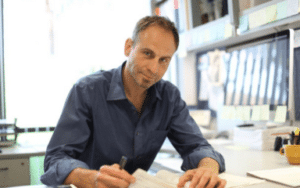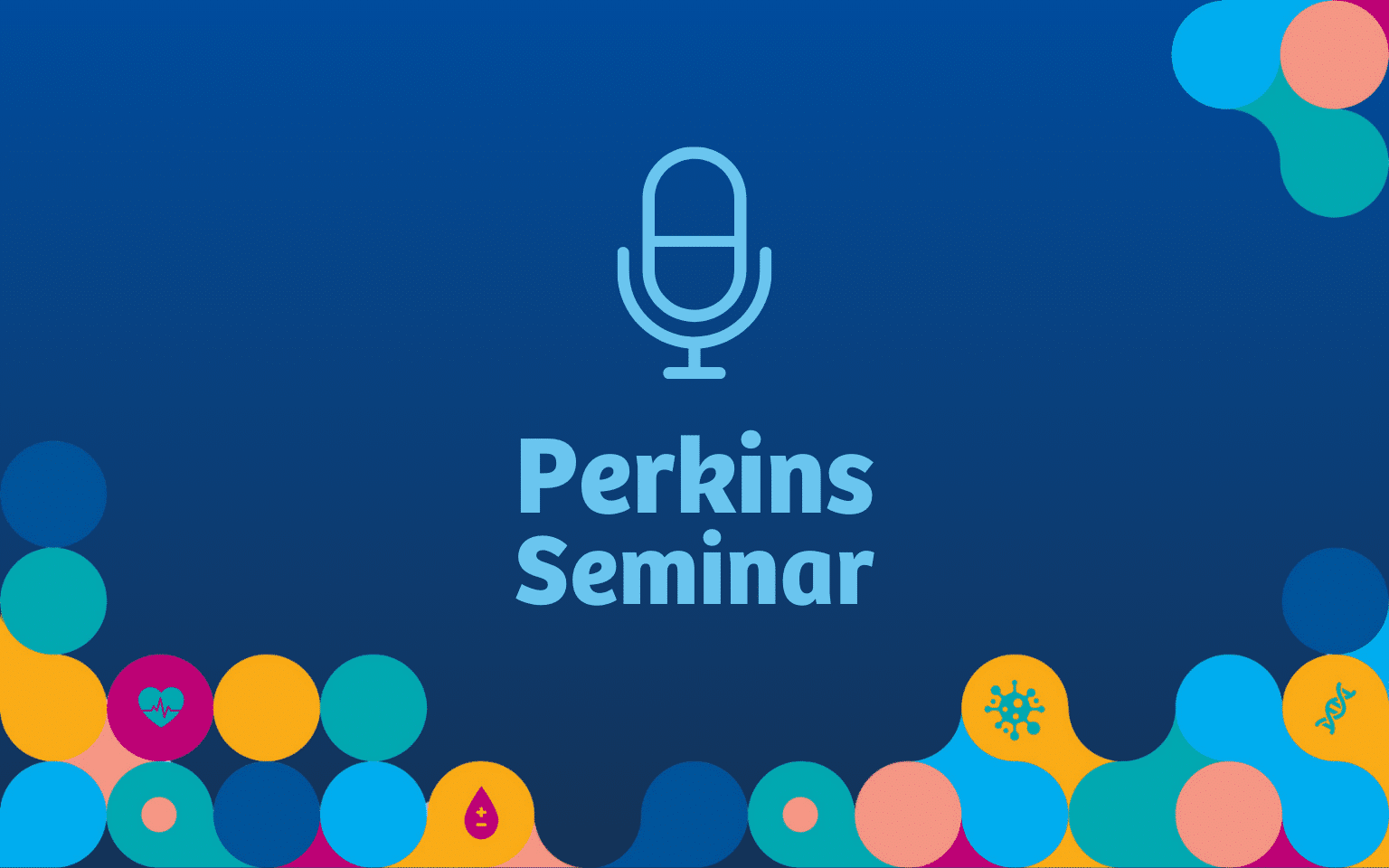“Imaging of epigenetics reveals cell identity and biological age”

Professor Alexey V. Terskikh is a Future Health Research & Innovation Distinguished Fellow, Head of the Chromatin and Ageing Laboratory at the Harry Perkins Institute of Medical Research, and Professor at UWA Medical School at The University of Western Australia (UWA). He completed his PhD studies in molecular immunology at the University of Lausanne in 1997 and accomplished his postdoctoral studies in Irv Weissman’s laboratory at Stanford in 2002, where his research focused on studying genetic programs common among different types of stem cells.
Alexey established his research group at the Ecole Polytechnique Federal (EPFL) in Lausanne in 2002. He later moved to The Burnam Institute in San Diego in 2006, where he investigated epigenetic mechanisms of neurogenesis using adult mouse dentate gyrus and human-induced pluripotent stem cell models as well as identifying novel approaches to Zika virus treatment and mechanisms of viral propagation.
Alexey’s group discovered that patterns of epigenetic marks in the nucleus inform cellular identities and developed a novel technique: Microscopic Imaging of Epigenetic Landscapes (MIEL). Application of this technique to ageing — termed image-based chromatin and epigenetic age (ImAge) — captures intrinsic age-related progressions (trajectories) of the spatial organisation of chromatin and epigenetic marks in single nuclei. ImAge represents the first-in-class in imaging biomarkers of ageing with true single-cell resolution.
Alexey joined the Harry Perkins Institute of Medical Research and the University of Western Australia as a Future Health Research & Innovations Fund Fellow and head of the Chromatin and Ageing Laboratory in 2024. His research at Perkins explores the crossroads of spatial chromatin organisation in single cells and the mechanisms of ageing using various computational approaches, including deep learning and hyperbolic embedding.
A light lunch will be served in the foyer following the presentation.
Date and time
Thursday, 27 February 2025
11am – 12noon
.
Cost
FREE
Location
McCusker Auditorium,
Harry Perkins Institute of Medical Research
6 Verdun Street, Nedlands 6009
Click here for parking and directions
Or join us online via Zoom.
Meeting ID: 859 2554 3215
Passcode: 390157
(This presentation will be broadcast on Zoom. You can download the Zoom App here.)


